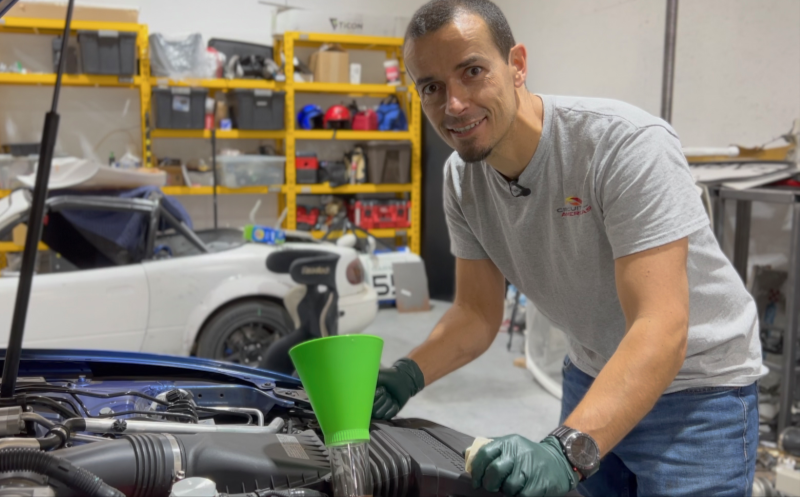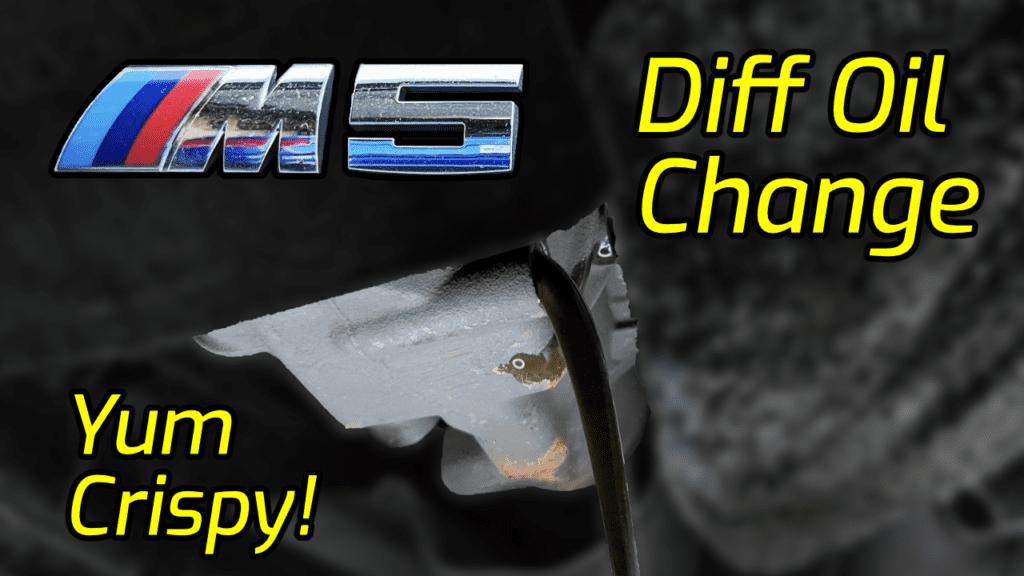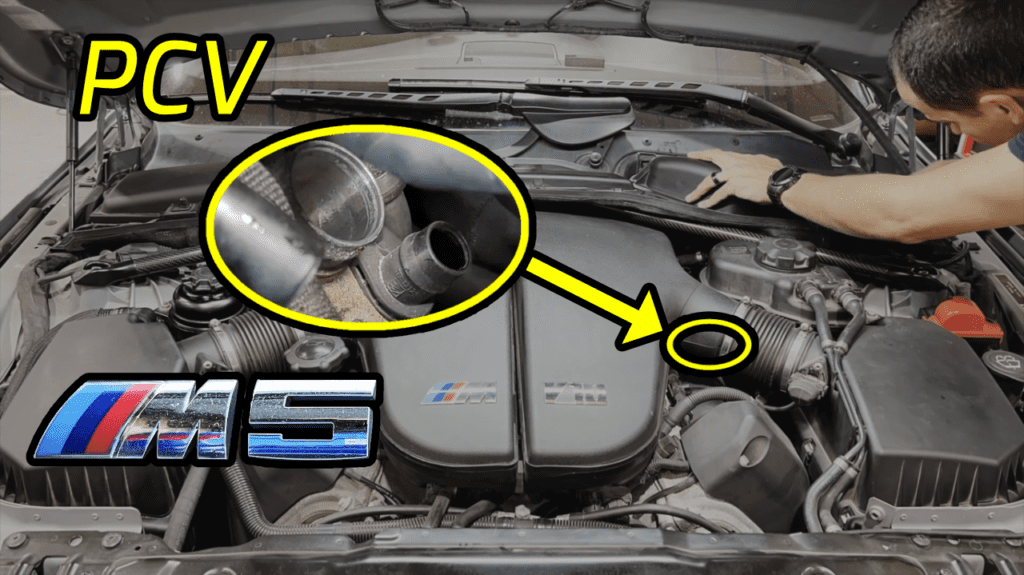Frequent oil changes will make your engine last longer…. period!
Ever heard this joke?
Q: “How long is a piece of string?”
A: “Twice the length from the middle.” 😀
If you ask someone (or google/search the internet) about how often you should change your car’s oil, you’ll likely get an answer as ambiguous as the joke above.
Why asking about engine oil change frequency is never a straight answer?
There are numerous factors at play:
- The type of oil you’re using (conventional vs. synthetic).
- The oil brand and any additives.
- The conditions under which the engine operates (e.g., temperature, humidity, exposure to dust, sand, salt).
- The car’s age and its past maintenance.
- Whether the oil level has ever run low.
- How often the oil was changed previously. …and the list goes on.
Truthfully, there’s no one-size-fits-all answer. A lot depends on your objectives and how/where you drive. Are you racing your car on a track? If so, you’ll get different advice compared to someone driving primarily for fuel economy.
So who is this for?
To narrow down the scope, let’s frame the question regarding engine oil change frequency as:
“I own a performance vehicle and aim to protect my engine while achieving maximum performance.”
While we won’t dive into which specific oil to use (that topic alone could fill libraries!), let’s assume you’re using the factory-recommended oil for your engine.
The short and simple answer to how often I should change my engine oil:
For those seeking a straightforward response: as long as you maintain the engine within standard operating conditions (oil level not reaching the ‘red’ mark and water temperature staying within the standard range), changing the oil every 3,000 miles is likely the best guidance. However, for cars that see infrequent use, changing the oil at least once a year is advisable.
OK but I want to know if that is a waste of money or not often enough?
For a more comprehensive answer without diving deep into details: adhere to the above, but also consider an oil analysis annually or every other oil change. Companies like Blackstone Labs or Wix offer such services (rokauto is a great place to pick up oil sample kits). Personally, I get an oil analysis with every change because I prefer detailed insights over time. For instance, with my BMW M5 S85 V10, I’m keen on monitoring my rod bearings!
Understanding every aspect of the oil analysis might be challenging. The brief summaries provided by these companies can offer crucial guidance regarding engine oil change frequency. In essence, an oil analysis is the most definitive way to gauge if you’re changing the oil at the right intervals for your specific oil, engine, and driving habits. In the industrial sector, routine oil analyses are standard practice due to their importance.
What else can an oil analysis tell me?
Beyond just checking oil health, oil analysis can also detect other engine issues. In the past, such tests have identified a failed head gasket for me (evidenced by coolant in the oil), fueling issues (like running too rich or having faulty rings – fuel detected in the oil), and many more. Additionally, these tests can provide feedback on the oil you’re using, potentially offering insights into whether it’s offering adequate protection for your engine.


